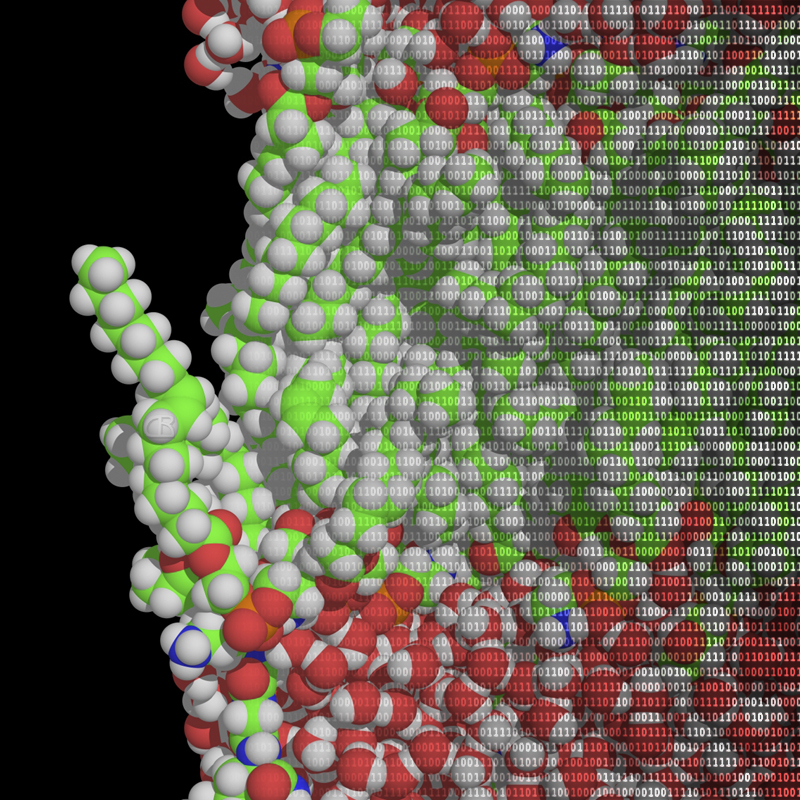
Courtesy of http://ma.urmc.rochester.edu
As students begin to register for the courses they’ll be taking next semester, information regarding the classes required for their Clusters is in high demand. The University’s Cluster Directory is the main resource for students trying to find and decide on these courses, but its archaic course listings make planning a suitable Cluster far more difficult than it has to be.
The main issue is that the Cluster Directory is filled with courses in all three academic divisions of the University that don’t have a listing on the Registrar’s website, have been cancelled for a semester or simply don’t exist anymore. One doesn’t have to look far to observe examples of this: The very first Cluster (Advanced Proficiency in American Sign Language) in the first department listed in the directory contains a cancelled course, called The Art of Translation in ASL and English. The next department on the list, Art History, is perhaps the most abhorrent example in the directory — most of the courses making up the Clusters within this department aren’t even listed on the Registrar’s website anymore.
Similar instances also occur in the social sciences and natural sciences. The Clusters offered by the African and African-American Studies department are riddled with dead links. In the natural sciences, Computer Science doesn’t even offer any continuing Clusters, and yet it reserves a spot in the directory for some reason.*
These problems likely stem from the Registrar’s switch to a new database, called UR Course Description/Course Schedules, in 2010. The Cluster Directory still fails to redirect properly to many of the courses in the Registrar’s new system, resulting in a multitude of dead links throughout the directory. To correct for this, both the Cluster Directory and search engine should be updated to match the course listings every semester, with cancelled electives continuously being replaced with relevant new ones as they are created. Perhaps more importantly, all the links in the directory need to be checked to make sure they connect to the current course listings.
Despite the cancellations of many courses listed in the Cluster Directory, it’s obviously not the case that interesting new courses aren’t being created by the University’s departments – flyers for them can be seen across campus every semester around registration time. The Cluster Directory just needs to start keeping up with these changes by displaying up-to-date course options.
*Correction: The Computer Science department offers several continuing clusters — they just are not properly displayed in the Cluster Directory. Use the Cluster Search Engine to see complete results of CS-related clusters.



